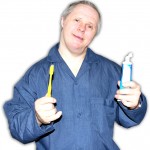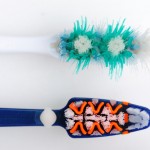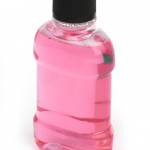
Regular toothbrushing with fluoride toothpaste has strong evidence for its effectiveness. Brushing at least twice a day is more effective that once a day or less and ‘Twice a day” is has been a long-standing oral health message. The aim of this qualitative study was to gain an in-depth understanding of the issues parents facing [read the full story…]






